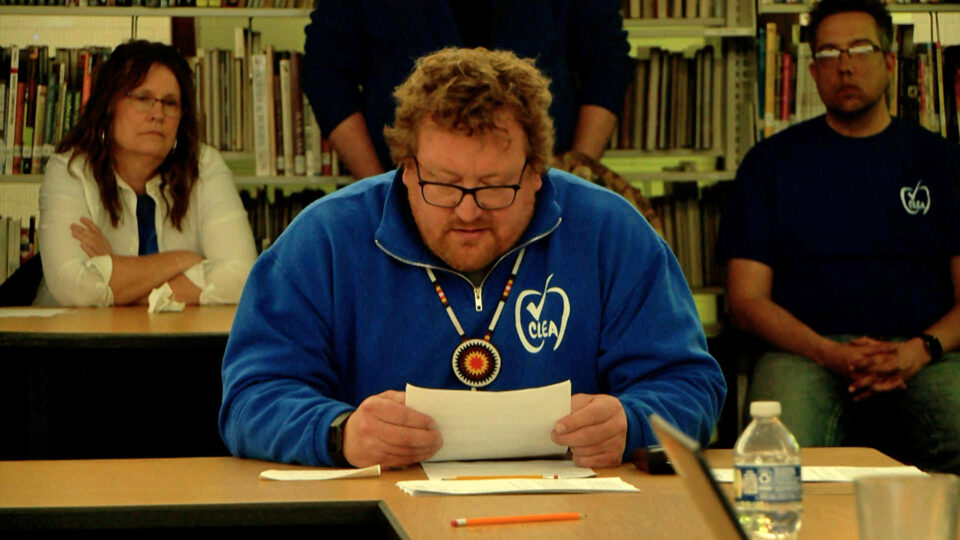Aug 17, 2017 | By: Haydee Clotter
Don’t Throw Your Receipts Away, Shopping For Back-To-School Supplies Pay
Buying certain school supplies can pay off when filing your Minnesota income tax return.
The K-12 Education Subtraction and K-12 Education Credit can lower the tax you pay or put money back into your pocket. Parents must purchase educational services and materials to assist with their child’s education. The child must also be in grades K-12 at a public, private or home school.
 “All the school supplies you buy until Dec. 31 of this year qualify as expenses to receive the credit or subtraction for your 2017 tax return,” said Mark Nelson, owner of the Bemidji Jackson Hewitt Tax Service.
“All the school supplies you buy until Dec. 31 of this year qualify as expenses to receive the credit or subtraction for your 2017 tax return,” said Mark Nelson, owner of the Bemidji Jackson Hewitt Tax Service.
Common expenses that qualify are tuition, books, pencils and calculators, but keeping track of your receipts is required. Without receipts, the benefits don’t apply.
For the K-12 subtraction, you may subtract up to $1,625 in for each child in grades K-6 and $2,500 for each child in grades 7-12. According to the Minnesota Department of Revenue, families saved an average of $242 with the education credit and nearly 200,000 families received the education subtraction.
“This last session we really focused on trying to give tax breaks on everyday Minnesotans, the common, average person,” said Rep. Matt Bliss (R), District 5-A. “By adding a little bit extra to the pockets of the families with the children going to school, it’ll hopefully help them out a little bit.”
Expenses such as backpacks and school lunches are among some of the items that don’t qualify for the tax benefits.
“One common question every year is,”does sports equipment qualify as a credit, or hockey camp or football camp?” said Nelson. “No, athletic things do not qualify for the credit.”
On the college or university level you can earn a maximum annual credit of $2,500 per eligible student through the American Opportunity Tax Credit. If your income is low enough you might even get a refund, but this credit only applies for four years.
“Essentially you calculate your tax and if you have a liability or you owe some tax or they’re keeping some of what you paid in then you can use the credit against that,” said Bemidji State University Professor of Accountancy Sandra Kranz.
The IRS may ask for proof, so keep those receipts handy just in case of an audit.







